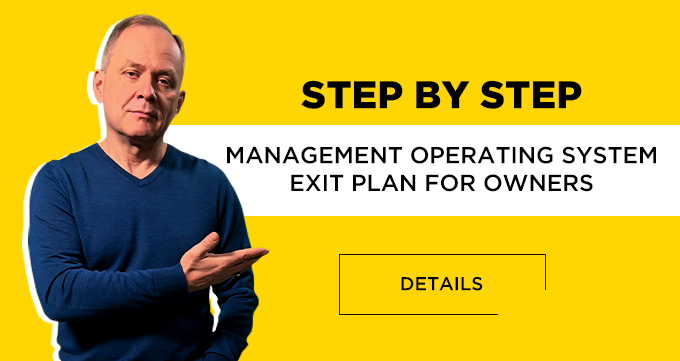8 Habits of Poor People That Prevent Them from Getting Rich
Many imagine wealth through external symbols: a car, an apartment, clothes. But the real boundary between a poor and a rich person lies not in the thickness of their wallet, but in their way of thinking. In thirty years of business, I have seen how habits shape not just a lifestyle, but destiny. It is these habits that either lead to capital or leave one in a state of constant survival. In this material, I will analyze eight habits that most often prevent people from breaking out of poverty, and I will explain how to work with them.
- Living without a financial cushion: a mistake that makes you vulnerable. According to the U.S. National Bureau of Economic Research, forty percent of Americans cannot cover an unexpected expense of $400. This is not just a number, but an indicator of mindset. People with a poor mindset spend everything immediately, leaving no reserves. The wealthy act differently: they save a portion of their income, form a personal reserve, invest in liquid assets, and plan for the future.
- The habit of blaming others. "Poor people blame others. Rich people take responsibility," wrote American businessman T. Harv Eker. As long as a person blames external circumstances, they lose control over their life. Changes begin with the question: "What could I have done differently?" This question helped me grow during the most challenging periods of my entrepreneurial career.
- Loans for consumption: a dead-end trap. A study by George Washington University showed that consumer loans reduce financial confidence and increase anxiety. The wealthy use borrowed funds to invest in income-generating assets: business, real estate, stocks. The poor take out loans for vacations, phones, clothes, and remain in debt not only to the bank but also to themselves in the future.
- An environment that hinders your growth. Brian Tracy said: "You are the average of the five people you spend the most time with." If those around you complain and envy, it will be difficult to move forward. I recommend consciously changing your environment and expanding your network once a year. This is one of the growth tools that we actively use in Business Booster.
- The inability to sell your value. Modesty is a virtue, but in business, it hinders. People don't know how to talk about themselves and show their results. As a result, they are left without new offers and growth. The wealthy invest in publicity and connections, and know how to present their expertise. If you want to develop, you need to learn to confidently talk about what you can do.
- Working hard doesn't mean earning a lot. According to McKinsey, only 9% of employees use their working hours effectively. The rest are overloaded but not productive. The wealthy look for the point of maximum result with minimum effort. This could be a strong team, a working system, or the right business model. It's important not just to work, but to understand where to direct your efforts.
- Resistance to learning is a path to stagnation. In a world where information doubles every year, stopping learning means moving backward. The wealthy learn constantly: they read, listen, analyze case studies, and work with mentors. Research from Stanford University shows that continuous learning reduces anxiety, strengthens confidence, and helps adapt to change. Learning implies an investment in your intellectual assets. By the way, one of the first steps towards development is a clear understanding of your goals. You can start right now and define your goals with our free checklist at the link: https://my.bbooster.online/goals_checklist.
- Envy as a poison that destroys perspective. A Yale University study confirmed that envy reduces motivation and hinders learning. The wealthy perceive someone else's success as a source of information. They study the person's path: where they started, what they did, what decisions they made. These biographies contain clues that help build their own strategy.
Conclusion
Financial success begins not with an increase in income, but with a change of habits. I have seen dozens of times how a change in mindset has transformed companies and lives. If you find even one of these habits in yourself, it is not a reason for self-criticism, but an opportunity to start acting differently. Wealth is not an accident. It is a managed process that can be built.

